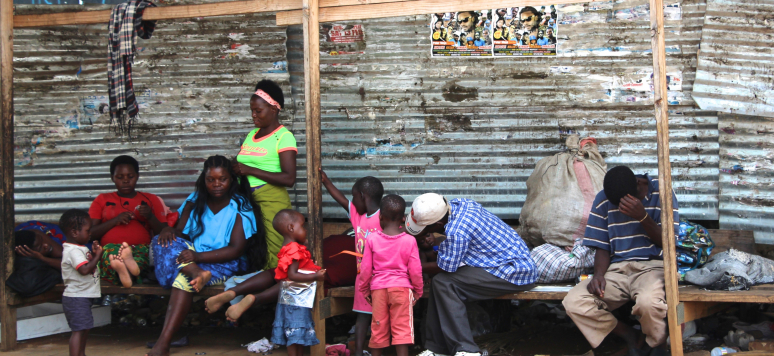Notes de l'Ifri - Zimbabwe in Dubious Battle: The Unexpected Consequences of Western Sanctions Notes de l'Ifri, October 2017

The aim of this paper is to assess how an African country deals on the long run with the decline of international aid and foreign direct investment. This paper is a contribution to the debate about the effectiveness of the international sanctions system.
Speaking at the 27th edition of the World Economic Forum in South Africa, Zimbabwe’s Finance Minister Patrick Chinamasa vehemently dismissed the inclusion of the country in the 2016 “Fragile States Countries Index”, recalling the resilient character of Zimbabwean economy and its pivotal role at regional and global level.[1] However, such a statement might sounds quite at odds with the recent move of the government to introduce livestock as loan security in response to the relentless economic meltdown the country has experienced over the past decades and to the deep cash crisis.[2] The declining exports of its mineral-dependent economy due to falling commodity prices and the loss of monetary sovereignty after the dollarization of the economy in 2009, coupled with rampant corruption and economic mismanagement, have triggered an economic havoc deepening poverty in Zimbabwe.[3]
Yet, 94 years old President Robert Mugabe blames the West for the current woes of the country, having imposed decade-lasting sanctions on him and other ZANU PF officials, isolating Zimbabwe and reducing the amount of aid devoted to Zimbabwean citizens.[4] On their part, however, donors have continued to pledge vast amount of money to various programs in health, agriculture, rural development and education sectors and the country has continued to benefit from the preferential access to the European Union (EU) market, despite government’s official statements.
[1]. D. Musarurwa, “We’re a Cog in Global Economy”, The Sunday Mail, 7 May 2017, www.sundaymail.co.zw [1].
[2]. P. Thornycroft, “Zimbabwe Plans to Secure Bank Loans with Cows”, The Telegraph, 12 April 2017, www.telegraph.co.uk [2].
[3]. “How Robert Mugabe Ruined Zimbabwe”, The Economist, 26 February 2017, www.economist.com [3].
[4]. “Grave Social, Economic Problems Dim Zimbabwe’s Future”, The Zimbabwean, 1 January 2017, www.thezimbabwean.co [4].
